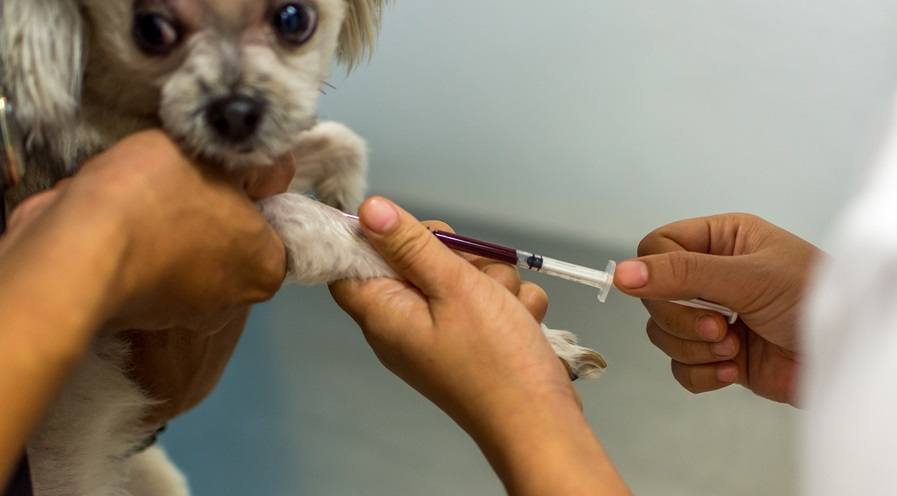Autism Symptoms in Pets Rise as Pet Vaccination Rates Rise
Just as the incidence of Autism-Spectrum Disorders (ASDs) has risen alarmingly in children over the last half century, there is evidence that similar behavioral disorders have been observed in pets, most widely reported among pet dogs. From paralysis to seizures, and from immune-mediated hemolytic anemia to injection-site fibrosarcomas, adverse reactions to vaccination are not uncommon in pets. Often attributable to annual vaccinations that some veterinarians consider totally unnecessary, vaccine reactions also may lead to allergies, skin problems, behavioral changes, and autoimmune diseases. Some of the most common behavioral changes are associated with the rabies vaccine, which is the only vaccine federally mandated for pets and must be re-administered at least every three years if not annually, depending on how the vaccine is labeled.





